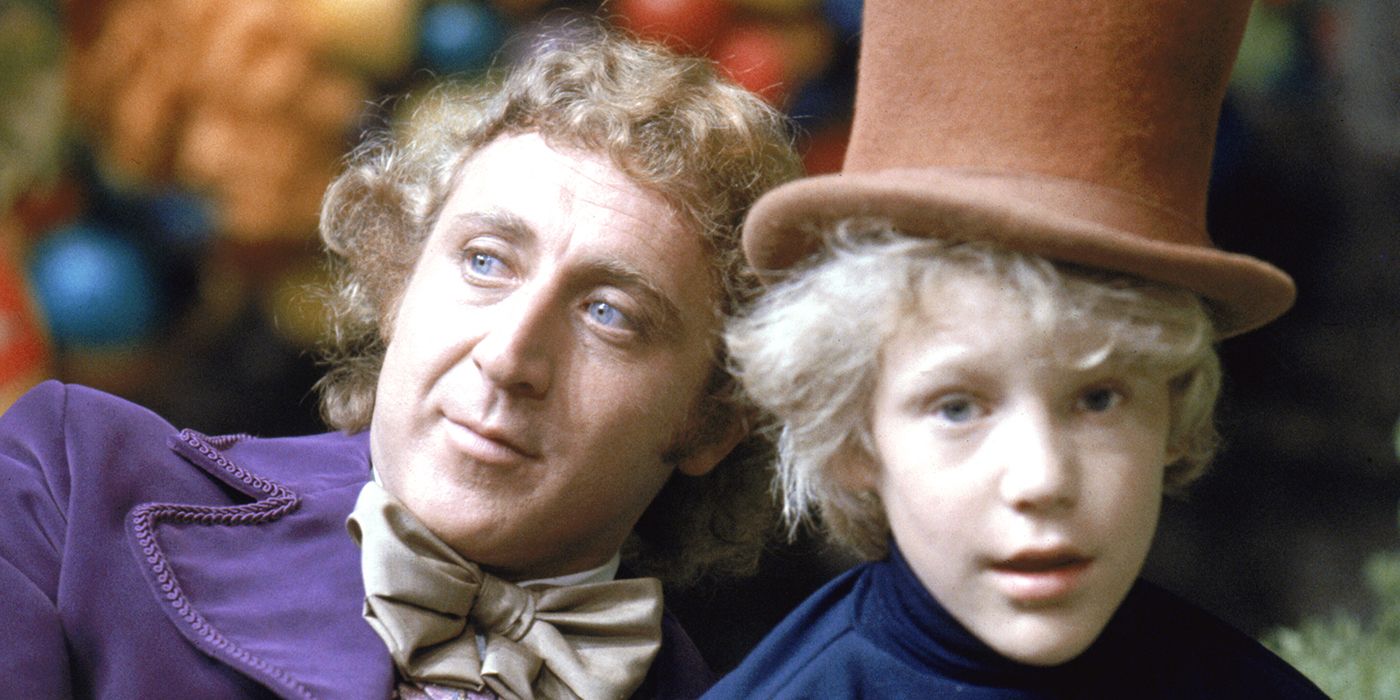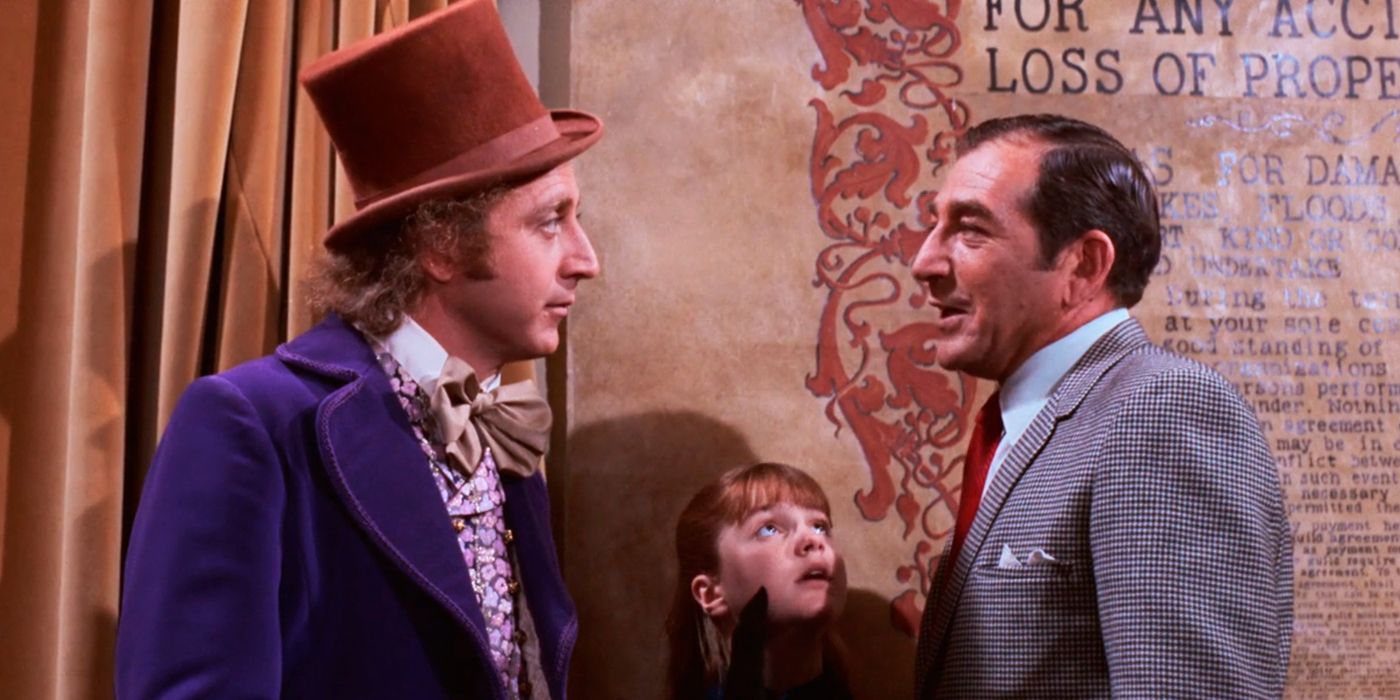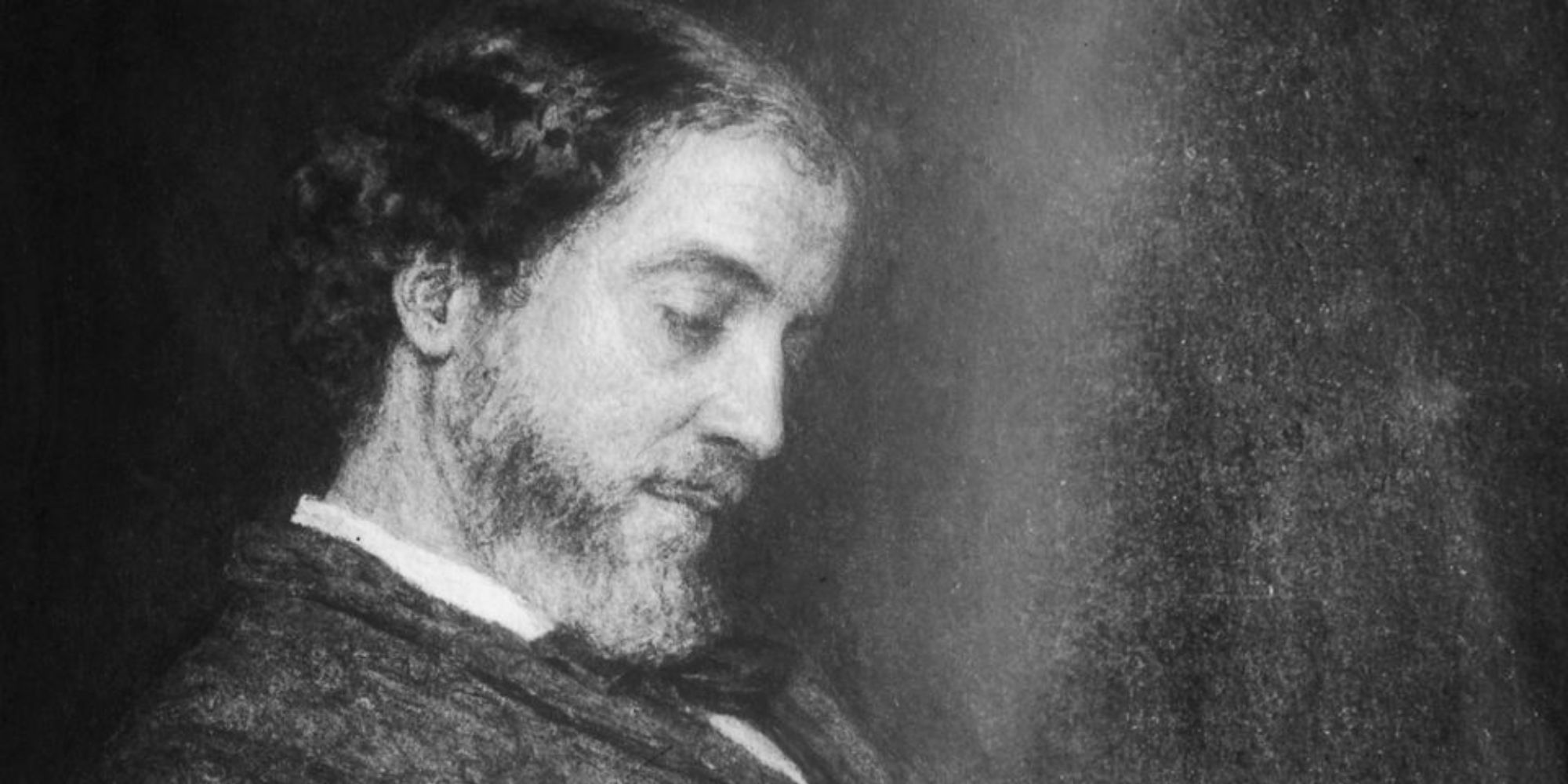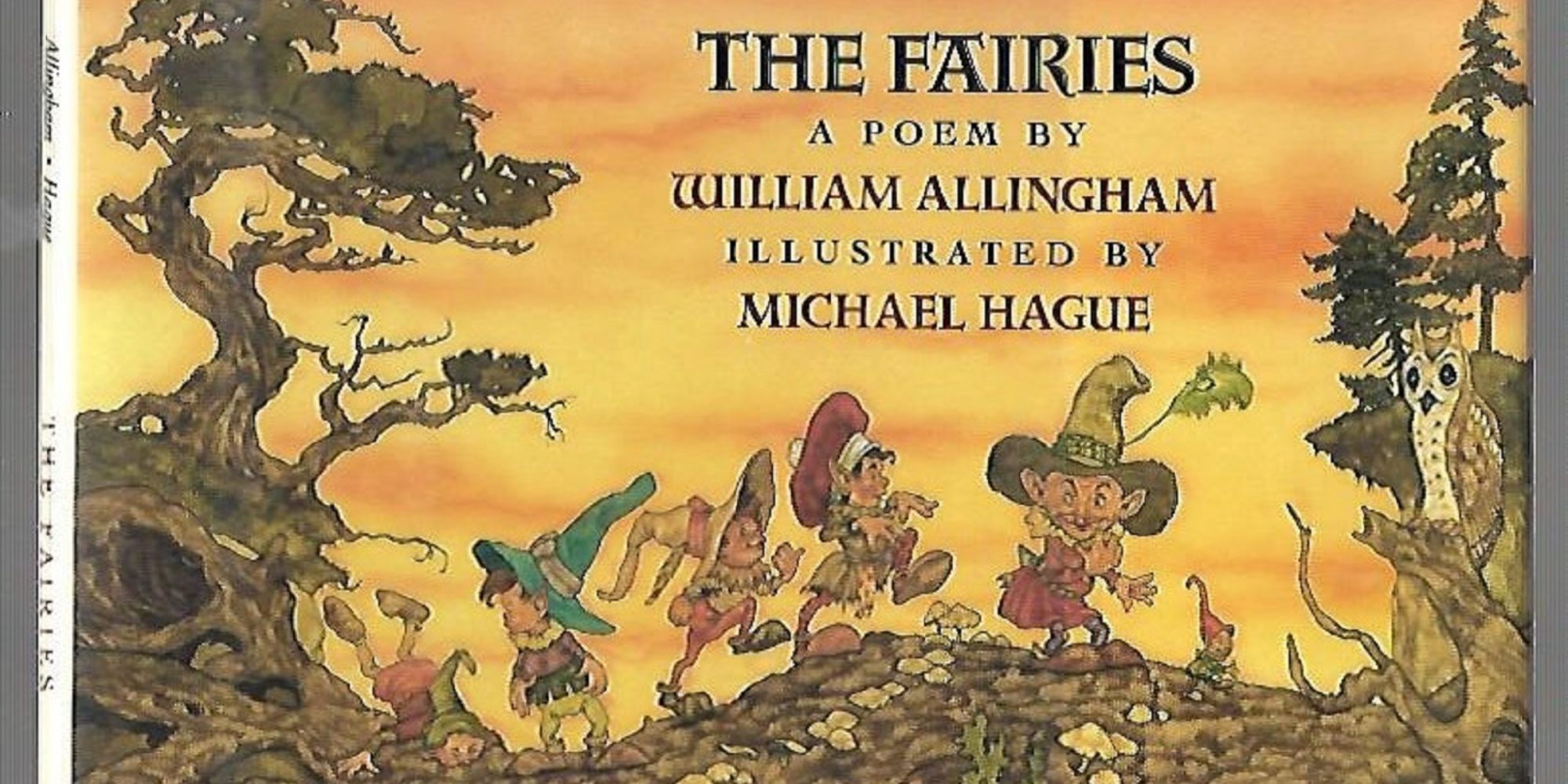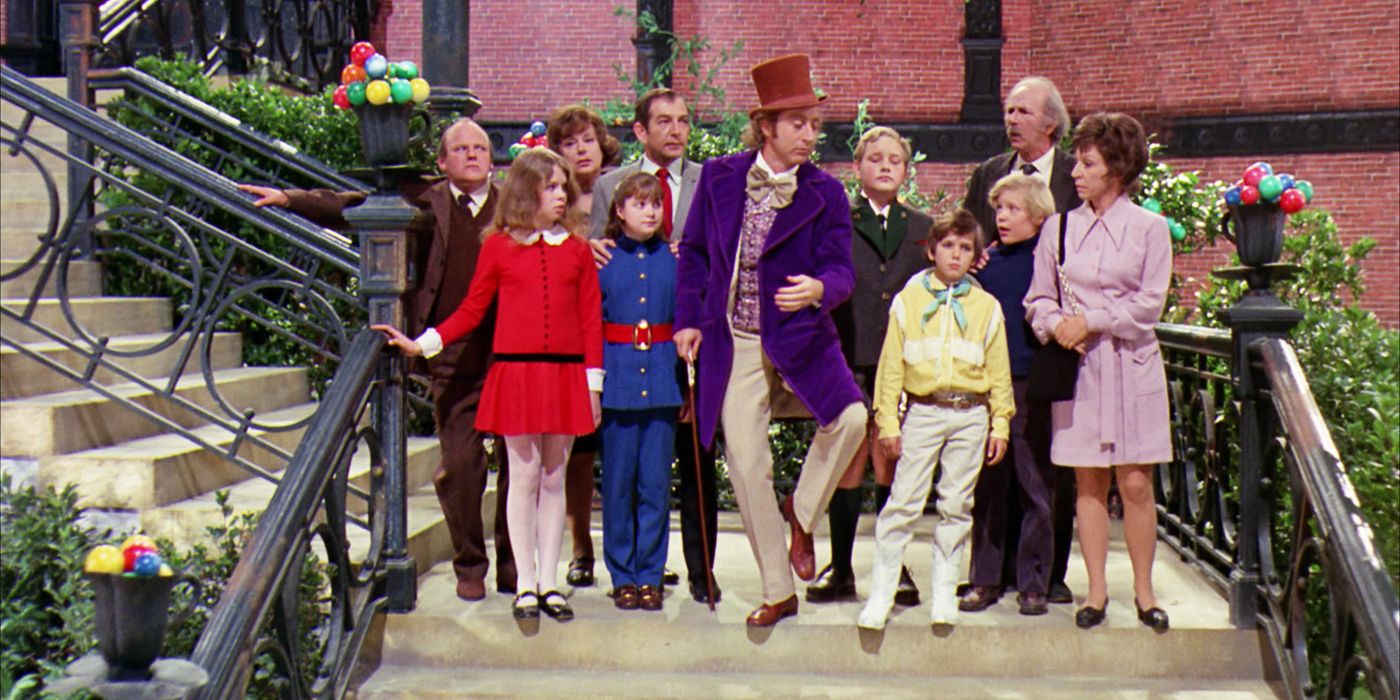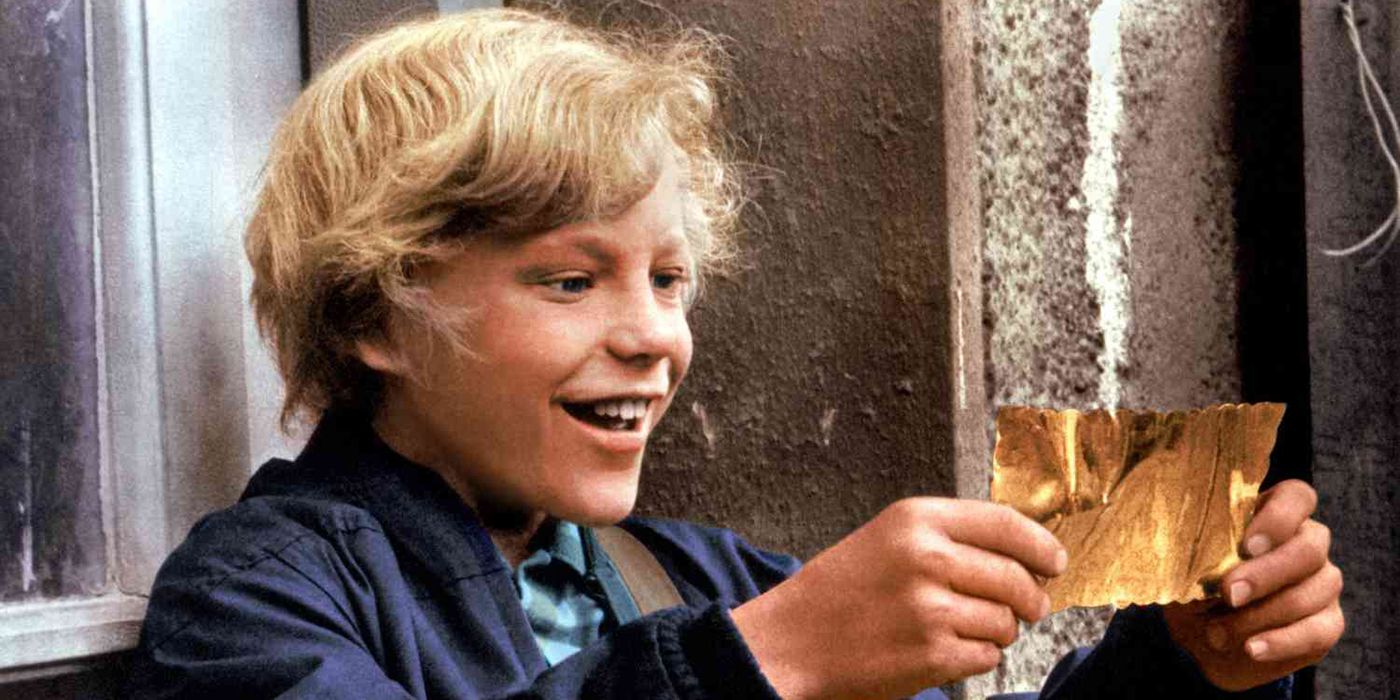
The Irish Poem Connected to Willy Wonka

Exploring the hidden connection between the iconic movie Willy Wonka & The Chocolate Factory and the famous Irish poet William Allingham's work.
The Magical World of Willy Wonka & The Chocolate Factory
The 1971 film Willy Wonka & The Chocolate Factory is one of the most iconic movies ever made, and it has a hidden connection to Irish culture. Based on the 1964 novel by Roald Dahl, Willy Wonka & The Chocolate Factory was the first movie adaptation of the story of the famous chocolate maker. The movie tells the story of a poor young boy named Charlie Bucket who experiences the adventure of a lifetime after winning a Golden Ticket to visit Willy Wonka's famous chocolate factory alongside four other children. This adaptation was released to critical acclaim and is often regarded as one of the best musical movies ever made.
Gene Wilder as Willy Wonka next to Peter Ostrum as Charlie Bucket
It inspired a remake in 2005 starring Johnny Depp and a prequel movie Wonka, starring Timotheé Chalamet. Despite the 1971 movie being hated by the original author, Roald Dahl, it has since gained a cult following and contains a hidden connection to an Irish poet's famous work, adding extra suspense to the story.
Willy Wonka With His Contract In Willy Wonka And The Chocolate Factory
The Life and Work of William Allingham
Born in 1824, William Allingham was raised with his four siblings in a small town called Ballyshannon, County Donegal in Ireland. He was enrolled at the Royal Belfast Academical Institution, where he stayed until he was 14. Allingham moved on to work in Irish Customs, traveling to different ports across Ireland and England, where he became friends with other poets, including Alfred Lord Tennyson and Elizabeth Browning; his friendships with such poets were documented in his autobiography Diary, which was published after his death (via Ask About Ireland).
A portrait of Irish poet William Allingham
In 1874, Allingham married Helen Patterson, an illustrator and artist, and they had 3 children. In 1850, Allingham began publishing poems; throughout his life, he had 15 volumes of poetry published that reached immense success, with his poem 'The Fairies' proving to be his most popular work. His wife's art and illustrations would also be used for many of his poems. Allingham died in 1889 at the age of 65 and his cremated remains were interred in his native Ballyshannon.
A copy of The Fairies by William Allingham
The Influence of 'The Fairies' in Media and Willy Wonka & The Chocolate Factory
Allingham's poetry was widely influenced by his love for his home country of Ireland; he wrote poetry that described the colorful legends of Irish folklore and dark moments in the country's history (via AllPoetry). 'The Fairies' is his most widely recognized poem thanks to its catchy tone and the humorous and dark descriptions of fairy magic. The poem talks about how the fairies hide away in the depths of the land, casting their eerie spells; they abduct a young child and strike fear in humans.
'The Fairies' has been referenced in different aspects of the media. Thanks to the poem's dark undertone, it has also been quoted in several horror films, including the 1973 horror Don't Look In The Basement. It was also referenced in comic books, including Supergirl and Hellboy: The Corpse. The popularity of Allingham's poem also inspired others such as W.B. Yeats to pursue a career in poetry.
An extract of Allingham's 'The Fairies' is used in Willy Wonka & The Chocolate Factory. At the movie's beginning, Charlie is doing his paper round when he passes Wonka's famous chocolate factory. As Charlie looks through the gates towards the factory, he is approached by a tinker who quotes the first four lines from the poem before giving the famous description of how nobody ever enters or leaves Wonka's factory.
Gene Wilder as Willy Wonka dancing on the stairs of the factory in front of the kids and their parents
The tinker's usage of Allingham's poem in this scene gives an extra sense of suspense and mystery to the story. The poem gives Wonka's factory an ominous vibe as to what goes on inside; the meat cleavers seen in the tinker's wagon give viewers an idea that not everything inside the factory is as it seems. As Charlie later discovers, Wonka's factory is filled with all sorts of magical and frightening surprises; the quote used from 'The Fairies' helps give Willy Wonka & The Chocolate Factory an extra sense of suspense to make the story even better.
Peter Ostrum as Charlie Bucket smiling at his Golden Ticket in Willy Wonka and the Chocolate Factory
